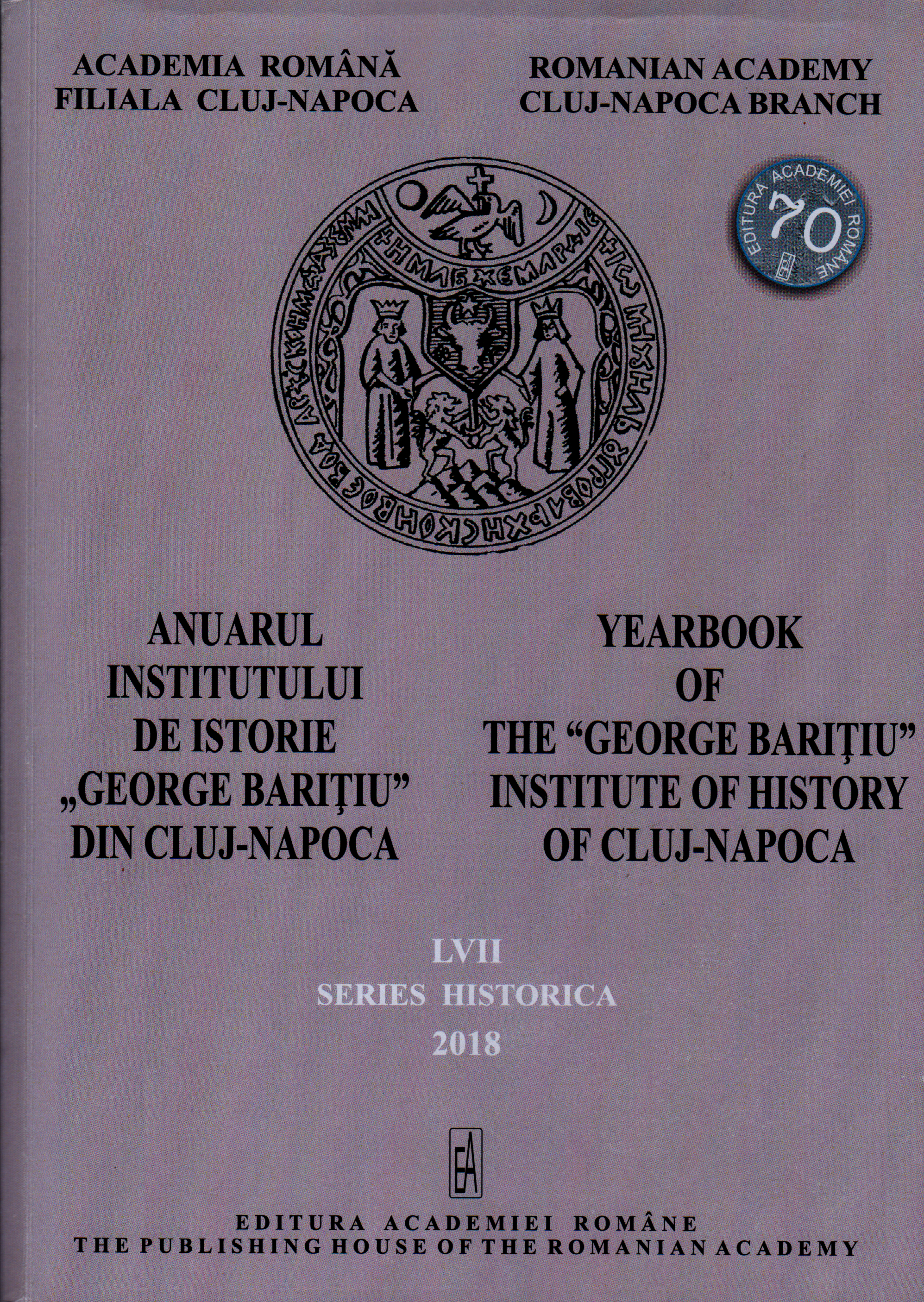Elite rurale și învățământ confesional în societatea românească transilvană în anii Marelui Război (I)
Rural Elites and Confessional Education in the Romanian Society of Transylvania in the Years of the Great War (I)
Author(s): Mirela Popa AndreiSubject(s): Local History / Microhistory, Social history, Pre-WW I & WW I (1900 -1919)
Published by: Editura Academiei Române
Keywords: Great War; Transylvania; Romanian Society; Rural Elites; Denominational Education System.
Summary/Abstract: Education was an issue of great concern for the Romanian religious and secular elites during the Great War. In those troubled times, one of the major stakes of the Romanian society was to maintain schools and the denominational education system in a functional state. A serious problem that affected Romanian confessional education was that of the teaching staff, whose numbers had considerably subsided even before the war and were further depleted by the massive enrolments of the Romanian teachers. What is important is that, although many teachers were recruited and deployed on the front, although school attendance decreased and the buildings of some schools were destroyed, denominational education continued and confessional schools survived the difficult times of the war. This was possible through the mobilization of all the social categories remaining at home, from the village elites to the ordinary people, including the most vulnerable demographic groups: women, the elderly and children. Parish priests and retired instructors substituted for the teachers who had enrolled in the army, ensuring thus the continuity of the teaching process. Moreover, the civilian population made enormous material and logistical efforts to support the school institution.
Journal: Anuarul Institutului de Istorie »George Bariţiu« - Series HISTORICA
- Issue Year: LVII/2018
- Issue No: 57
- Page Range: 99-107
- Page Count: 9
- Language: Romanian

